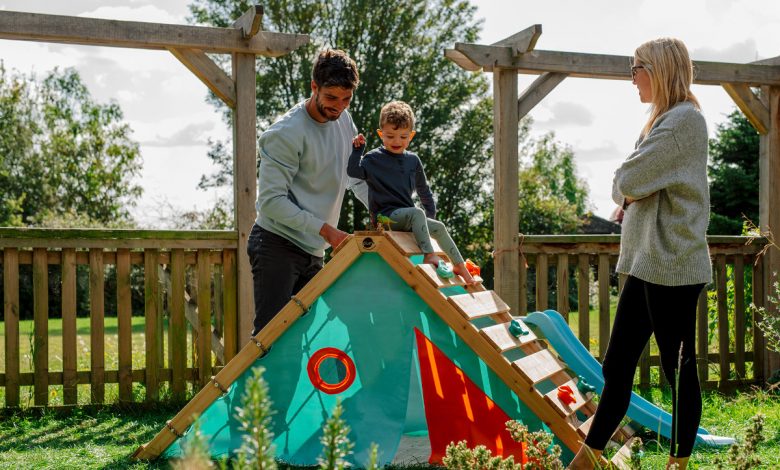How to lower your stress levels as a family
Opinion Feature

Stress has always been a factor in family life – and then along came that global pandemic called COVID-19. With recent research showing people are no longer coping as well with stress than they were at the start of the outbreak, now’s never been a better time to look after your family’s mental health…
TIPS FOR PARENTS
It’s all-too-easy to overlook your own stress levels because you’re too concerned with the rest of your family’s needs. From new mums caring for a newborn to families with kids of all ages, it’s important to take time out and ask for help when needed. Men, too, suffer in the family unit, with 38% of first-time fathers concerned about their mental health.
OK, so you might not be able to rely on your parents for babysitting right now, but there’s bound to be someone in your support bubble that can lend a hand with your brood. Take advantage of help when offered, giving you space to take a walk, enjoy a nap or grab a hot bath.
TIPS FOR KIDS
Just like adults, kids can suffer from stress – and COVID-19 certainly hasn’t helped the situation. Classic signs of stress in children include being irritable or clingy, having difficulty sleeping and finding it hard to concentrate, so now’s the time to lavish your kids with the attention they deserve. Routines are important, as tempting as it is to let them go to bed late. Try to limit any news or social media that could have an impact on their emotions – and encourage them to keep in touch with friends or family members, if you’re unable to currently meet in person.
TIPS FOR WORK & SCHOOL
One minute the kids are back at school; the next it’s live lessons, continuous snacks and worksheet-related bribery. Bound to increase stress levels around the home, parents are suddenly transformed in to teachers while your kids push every boundary going.
Here, routine is again key, producing a clear and achievable timetable for children to follow if their school doesn’t supply one. Don’t be surprised if one day it works wonderfully and the next your child struggles – 52% of parents have found themselves in the same situation. Adults working from home should also make sure they work to set hours, with just 30 minutes extra work a day equating to 10 hours unpaid per month – that’s £174.80 for Brits on the average salary.
TIPS FOR THE FUTURE
These days it’s stressful enough for someone in their elder years just stepping out the front door – not to mention worrying about their retirement. With a recent survey revealing one in eight are considering delaying retirement due to the downturn in financial markets caused by COVID-19, plans for the future are up in the air.
Now more than ever is the importance of keeping in touch with your friends and loved ones. A phone call or email is a mood-booster for both sender and recipient, while popping a note through a neighbour’s door continues contact while showing you care. Again, keep to routine, and spend time on a new or existing hobby to pass the time, be it a puzzle, out in the garden or catching up on your favourite TV show.






